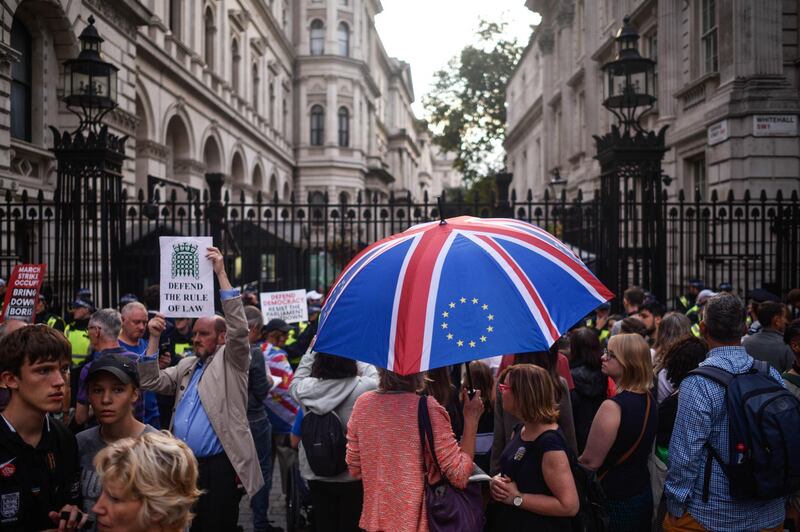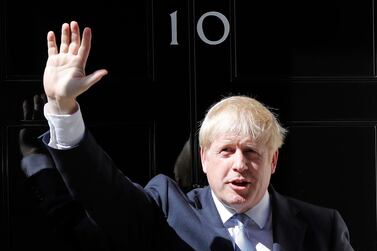This week, the eyes of the world are all set on the UK, after newly appointed Prime Minister Boris Johnston decided to prorogue parliament for five weeks, leaving its members with a very short window to discuss Brexit before October 31, the impending deadline by which Britain must leave the European Union. MPs are faced with two choices: either they back Mr Johnson or risk seeing the government fall apart. The controversial decision has left Britons more divided than ever before.
An online petition against Mr Johnson's move gained traction on Wednesday, gathering more than one million signatures within just a few hours. Opponents accuse Mr Johnson of forcing parliament’s hand on Brexit. This is all the more worrisome as one of the professed motivations for leaving the EU was to return sovereignty to the British parliament, which now risks being side-lined by its very own government.
The government insists the move simply intends to give cabinet the time to work on its agenda. But for its many opponents, prorogation is nothing less than a device to reduce the time available to parliamentarians and frustrate what they see as Mr Johnston’s cliff-edge diplomacy.
Brexit was triggered in 2016 by the rise of UKIP, Nigel Farage’s right-wing populist movement bent on fear-mongering about immigration.
It was fear of that movement that motivated former Conservative prime minister David Cameron to offer a referendum on Brexit, to appease Conservative MPs scared of losing their seats.
Today, fear of that movement, which has since transformed itself into Mr Farage’s Brexit Party, must not leave the “mother of parliaments”, one of Britain’s key institutions, in disarray.
The country is poised to walk away without striking a trade deal with the EU, its largest trading partner. This could isolate the UK from the world, when Brexit was supposed to bring about better global trading opportunities. Fears of an unco-ordinated, rushed exit from the EU has already taken a toll on British economy. The pound has fallen below $1.22 on Wednesday, after fears of a no-deal increased, and the sterling has lost 10 cents since mid-March.
And the country may shortly be plunged into a bitter general election if, after its suspension, parliament rejects Mr Johnson’s Brexit plan. That could well see Britain’s parliament shift dramatically to the far-right – fulfilling the very fear that prompted the Brexit referendum in the first place.
The decisions Mr Johnson and his government make will dictate the nation’s future, they could open the UK to global trade, or leave the nation trapped in its own internal woes, isolated from the world. Brexiteers reach easily for the imagery of the Second World War and their country’s "finest hour". But evoking the “Blitz spirit” is to conveniently neglect the reality that today Britain is at war only with itself.






